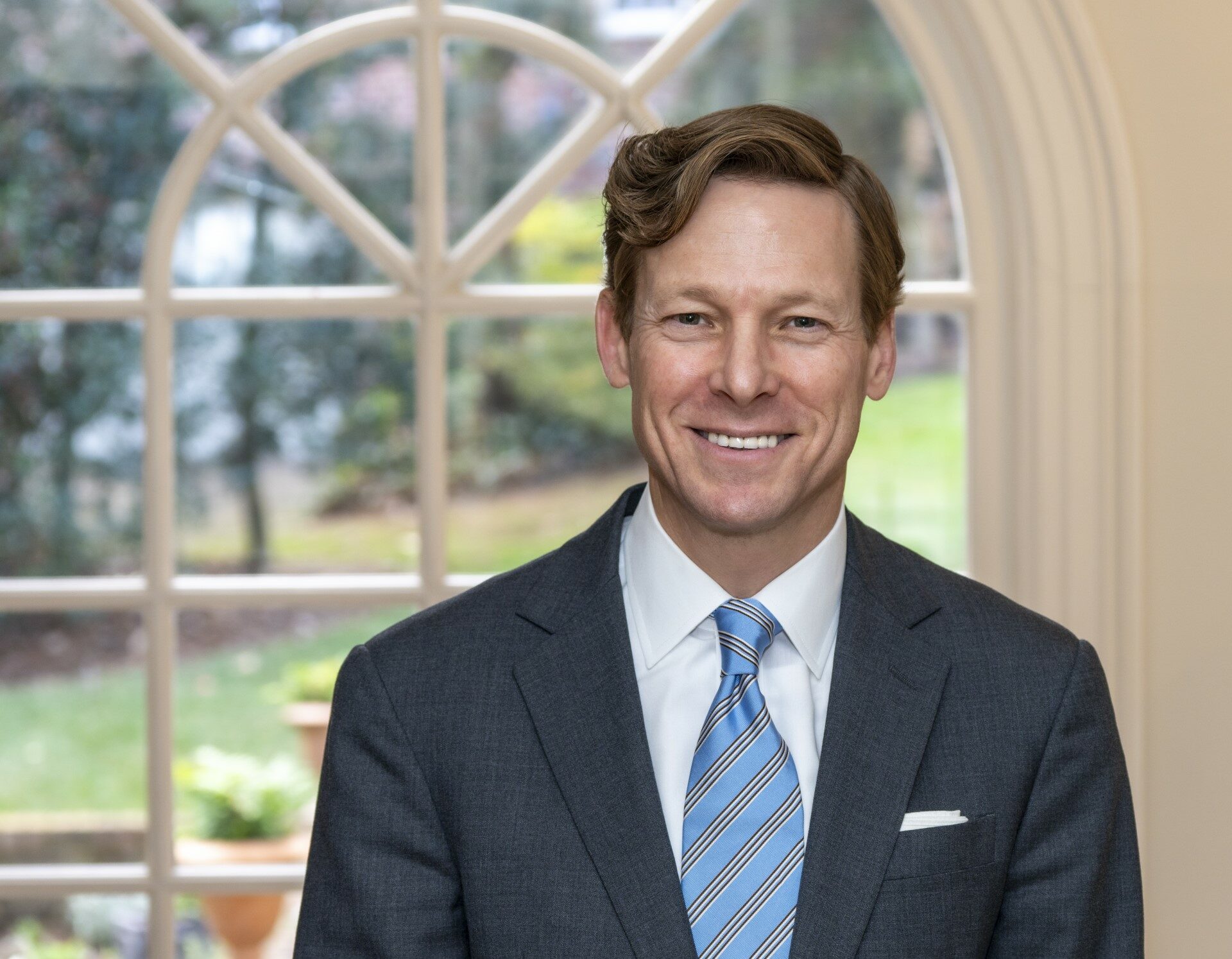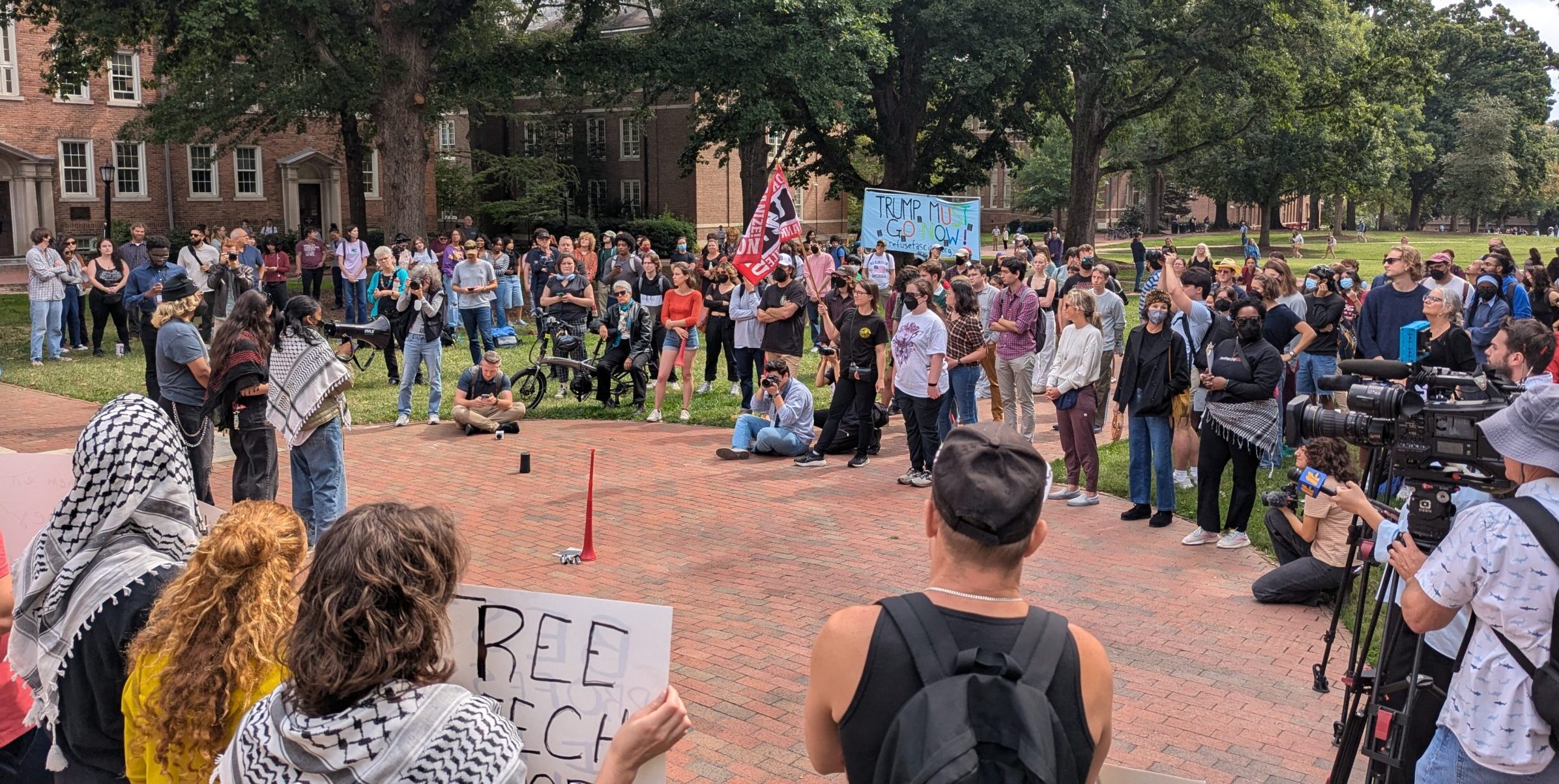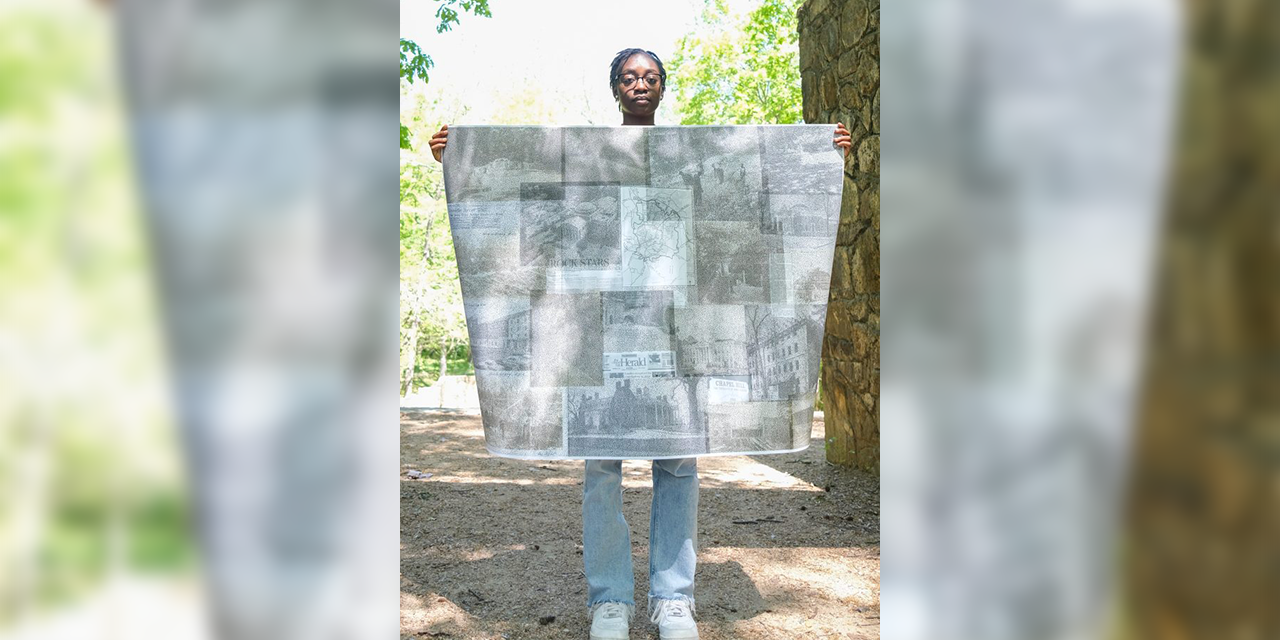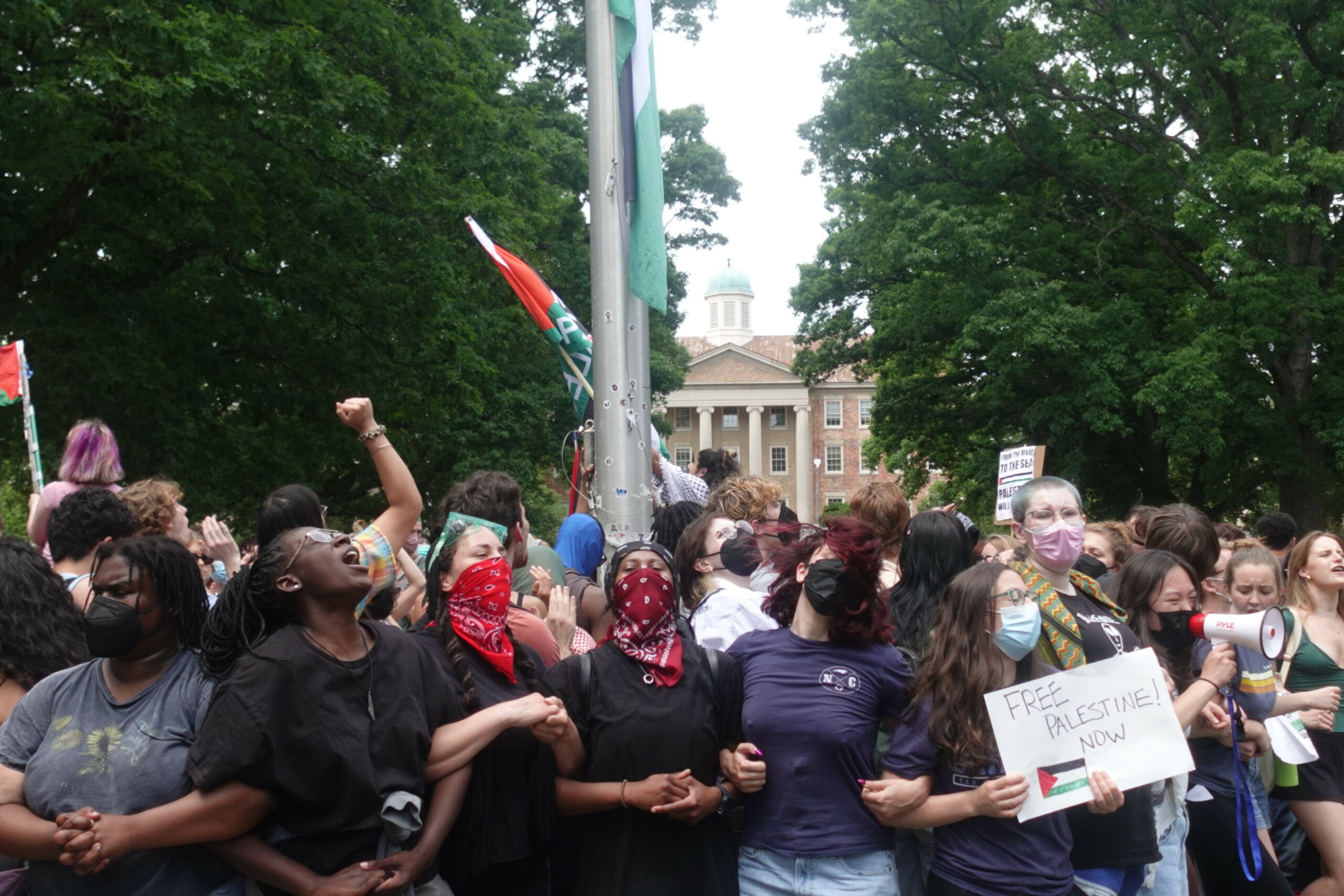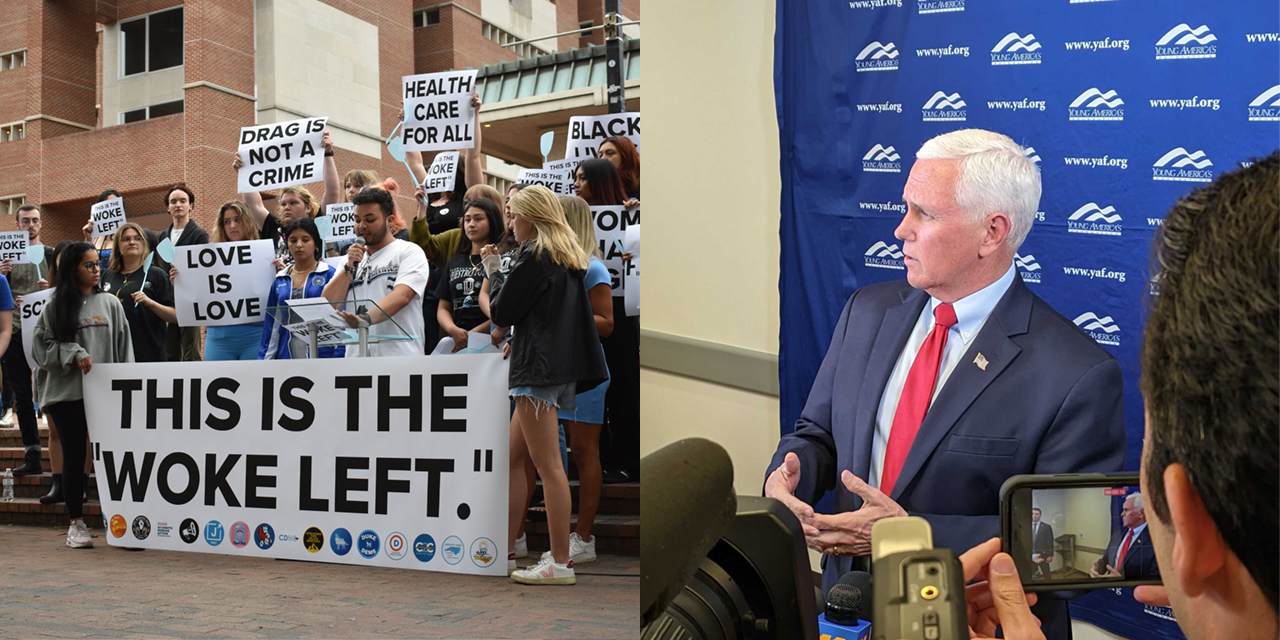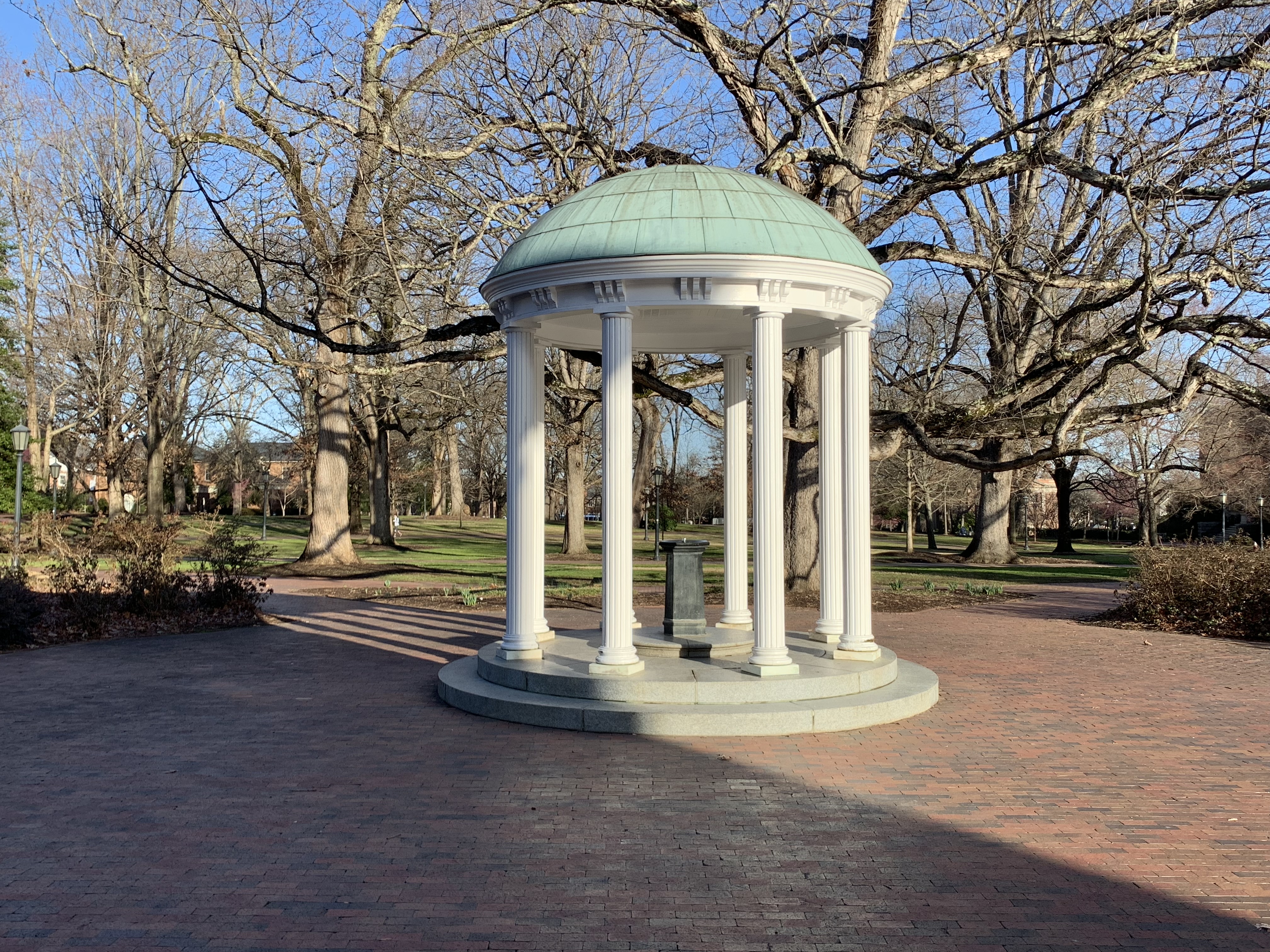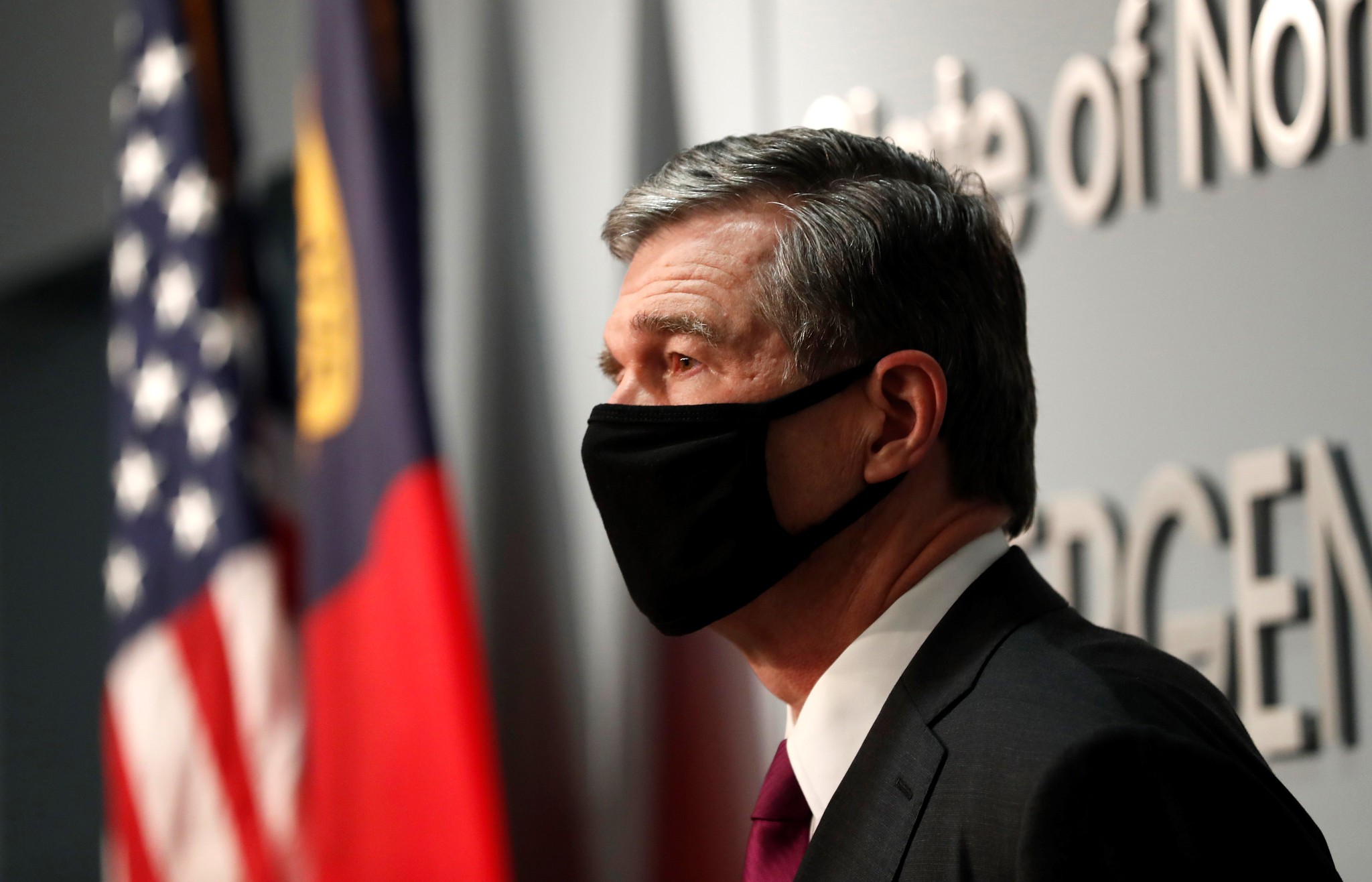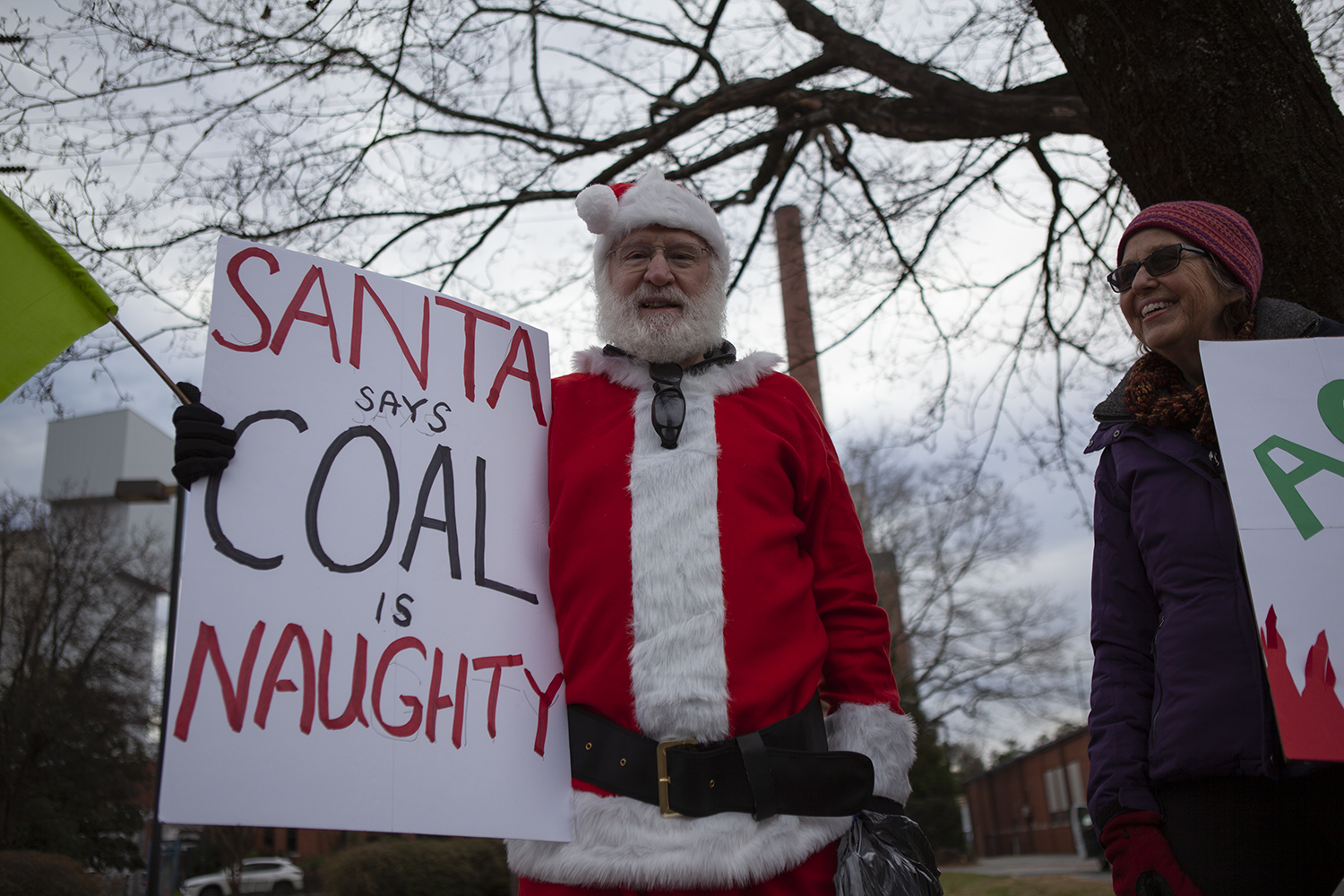In 2010, Republicans took the majority in the North Carolina House and Senate for the first time in more than a century. Since then, UNC has been the recipient of increased pressure from state lawmakers. This has caused some professors, students, and staff to pull back from talking about political issues.
Recently, we hosted a panel of UNC guests to talk about the state of democracy on campus and the chilling effect that has followed from the shift in governance philosophy.
One of those panelists was Lauren Rhodes, a sophomore and editor at UNC’s independent newspaper The Daily Tar Heel. Her job is to write and report on university news and often involves talking to people working at all levels at UNC – a task she said has become increasingly challenging.
“We’ve noticed a very large change, at least on the University Desk, about whether faculty are willing to talk to us, whether they feel like they’re allowed to talk to us, and when they do talk to us whether they feel like they can say what they want to say,” Rhodes said.
In the last few years at UNC, donors affected plans to offer tenure to Nikole Hannah-Jones and faculty shared concerns that their emails were being searched afterward as a means of retaliation. More recently, state lawmakers stepped in to help create the School of Civic Life and Leadership and the Supreme Court struck down UNC’s admissions policies over affirmative action. For this panel as part of 2024’s Forum on The Hill, nine potential guests declined to join, citing a lack of comfort.
Rhodes was joined by Mimi Chapman and Chris Lundberg, both professors at UNC.
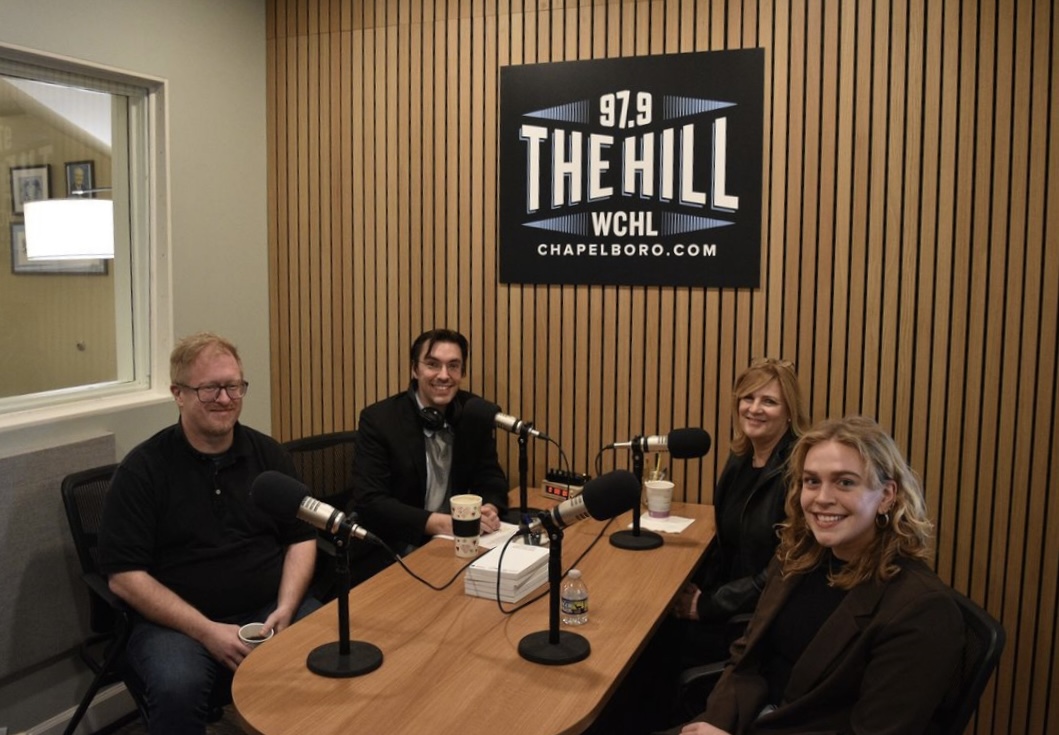
From the top left, 97-9 The Hill’s Aaron Keck is joined by Mimi Chapman, Lauren Rhodes and Chris Lundberg for a Forum on The Hill discussion about UNC on January 30, 2023.
Chapman is a professor at the UNC School of Social Work and served as the chair of the faculty from spring 2020 to June 2023. She said the effect of external forces is what motivated her to start the Coalition for Carolina – a group trying to prevent “partisan politics and governance overreach” from seeping into daily operations at the university.
“I think faculty often thought and felt that the administration was making choices that they weren’t necessarily in accord with, but I don’t think they recognized the bind that administrators were in, where they couldn’t make independent choices,” Chapman said, “and for a long time that was happening behind the scenes.”
Lundberg, who is also the vice provost of UNC’s Department of Communication, chaired the Committee on Academic Freedom and Free Expression formed by Kevin Guskiewicz in January 2023. He said he wants UNC stakeholders to understand that Carolina works best with “more self-governance.”
“I think the best thing for UNC,” said Lundberg, “is to tell its stakeholders – that’s the broader public, the legislature and the board – that it has a good faith commitment to the elements of its charter, which are to serve the state, to prepare people for democracy, etc. And then to say the best way to do that is to the greatest extent possible allow it its autonomy.”
It’s not just professors and faculty members who feel less comfortable talking about political issues. System-wide research supports the idea that some students are concerned about expressing their sincere opinions about political topics in the classroom. Lundberg said that survey is one reason why he believes in the mission of the School of Civic Life and Leadership.
“If you can’t – at a public university, when you’re with a group of folks that are talented, educated, etc. – have a conversation that is meaningful in the space of a classroom about these issues,” said Lundberg, “then how in the heck do we think that we could ever have a meaningful democratic discourse where there are no constraints?”
Rhodes said she believes some of her professors do a good job of fostering that discourse.
“My audio journalism professor last semester made us all sit in a circle and talk about the conflict in Israel and Hamas, a really hot topic, the day after the news broke,” she said. “And all we were talking about was what the responsibility to report on it looked like if we were real journalists in the field, not about it politically. And that was a really safe conversation that I appreciated.”
Chapman says Rhodes’ experience in the classroom is an example of what is going well on campus. She said freedom of speech and academic expression still exist in classrooms, despite the undercurrent of political influence.
“I think we sometimes overstate… I mean, the polarization is real and you see it in the media and in the most extreme examples, but in terms of day-to-day life, I think people are really getting along and doing good work most of the time.”
Rhodes, Chapman and Lundberg all agreed they are optimistic that conversations like the panel will set the tone for other expressions on campus – and benefit the university.
To listen to the full UNC Under Fire panel from the Forum on The Hill series, visit Chapelboro’s Forum on The Hill webpage.
Chapelboro.com does not charge subscription fees, and you can directly support our efforts in local journalism here. Want more of what you see on Chapelboro? Let us bring free local news and community information to you by signing up for our newsletter.

